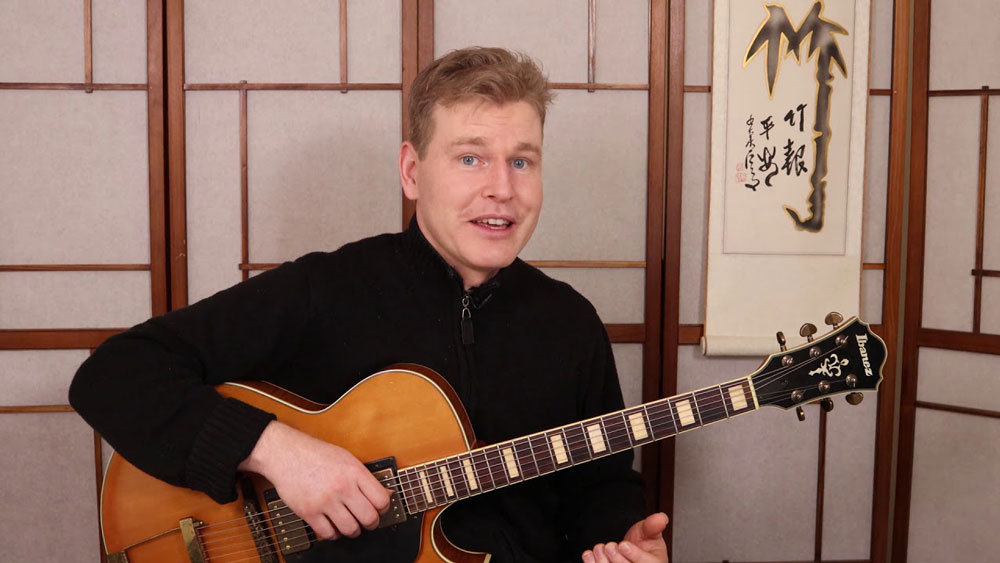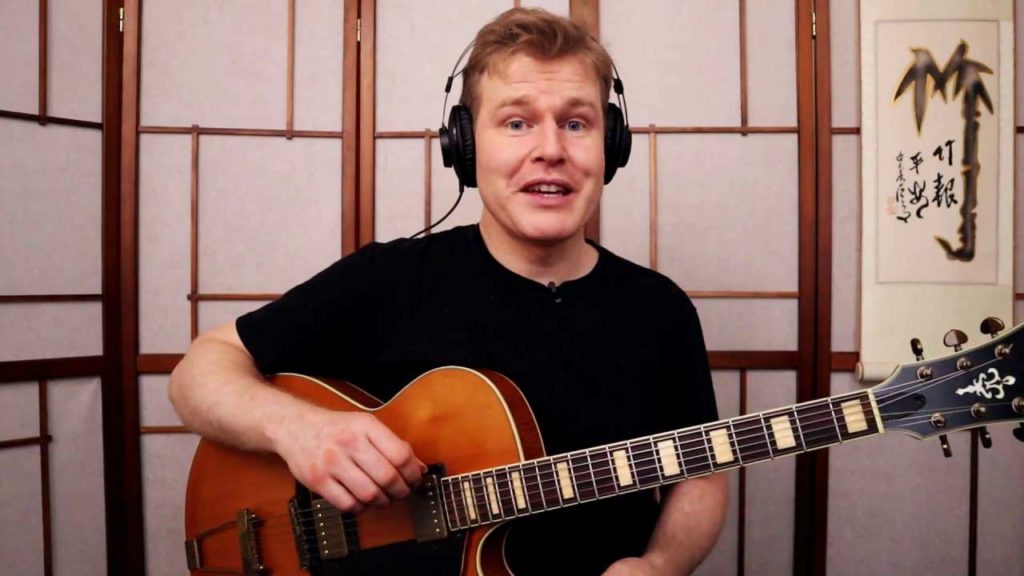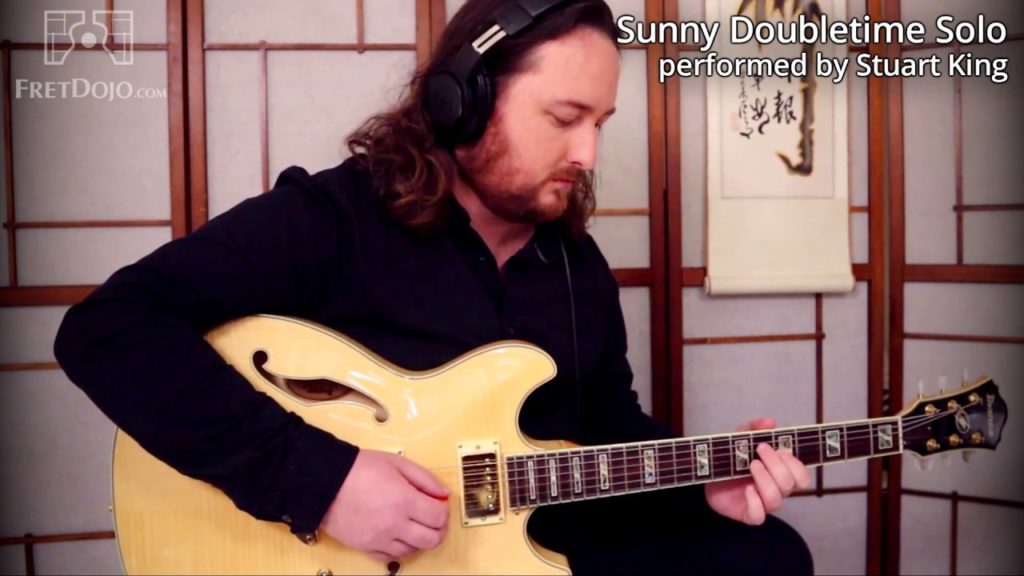Jazz Guitar Comping Lesson – 4 Cool Steps To Sound Like Ed Bickert
Want to learn how to do jazz guitar comping like Ed Bickert? In this deep dive video lesson, I share with you the 4 essential things you need to do to sound like him, which will supercharge your rhythm section chops…




